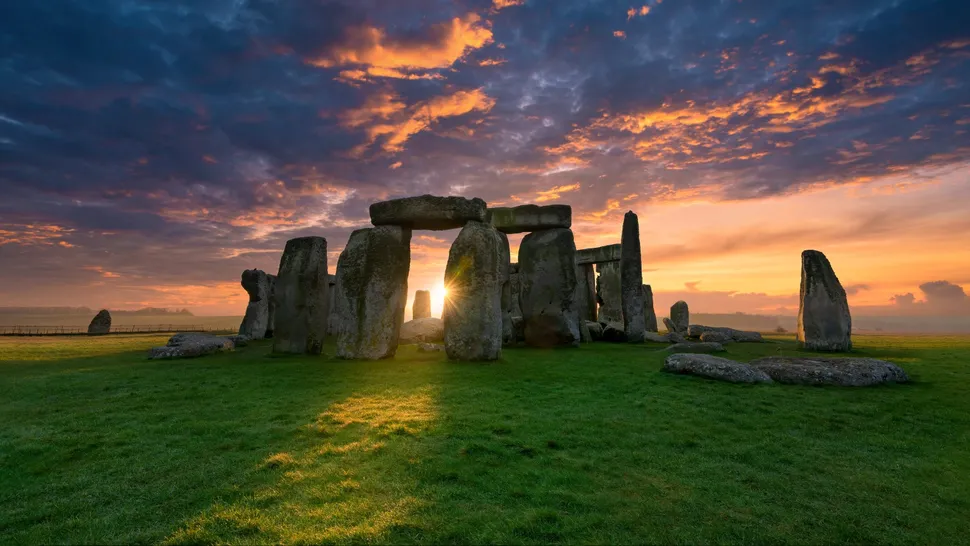The time of the annual summer solstice will be the earliest it's been for centuries and will continue to creep forward every leap year until 2100. But why?
Today (June 20) the summer solstice — the longest day of the year in the Northern Hemisphere — will begin, and it will be the earliest solstice in 228 years.
And the solstice is set to get progressively earlier for the next 72 years. But why? And why do the days change in length throughout the year to begin with?
"Solstice" means "sun stands still" in Latin. In the Northern Hemisphere, the summer solstice is the day when the sun rises and sets at its most northeasterly and northwesterly points in the year. The phenomenon is caused by Earth's 23.5 degrees of axial tilt with respect to the sun; so as our planet orbits our star, one hemisphere leans away from the sun and the other towards it.
This means that the solstice is the opposite in the Southern Hemisphere — the June solstice is the shortest day of the year and marks the winter solstice in the south.
Today's solstice is the earliest since 1796, the year in which George Washington issued his farewell address. But this variation is caused by humans and boils down to the Gregorian calendar.
Related: The 1st 'major lunar standstill' in more than 18 years is about to occur. Here's how to see it.
The calendar divides one year into 365 days. However, Earth's actual full orbital time around the sun is 365 days, 5 hours, 48 minutes and 45 seconds — which we account for by adding a leap year every four years to round the calendar up. But this creates its own problem: four times 5 hours, 48 minutes and 45 seconds is 23 hours and 15 minutes, meaning it's 45 minutes short of a full day.
To account for this drift, the calendar is "reset" by skipping a leap day every four centuries, with the next reset due in 2100. But until then, during leap years like this year, the solstice will occur 18 hours earlier than the previous year and 45 minutes earlier than the previous leap year.
So every successive leap year from now until the end of the millennium will be the earliest since 1796 by 45 minutes.
One day after the solstice this year, on June 21, skywatchers will be treated to a beautiful Strawberry Moon — the lowest full moon of the year.
The origins of Earth's tilt can be traced back more than 4 billion years to when Earth was first forming. During its formation, our planet suffered an estimated 10 gigantic collisions with other planets.
In the last of these, a Mars-size planet called Theia hit our planet with such force that it transformed Earth's surface into a molten hellscape and ejected rocks and dust into space, which later became our moon. The colossal impact also gave our planet its tilt. This tilt, in turn, gave rise to the seasons, and life’s boom-and-bust cycle that spurred more complex ecosystems to evolve.



Recommended Comments
Join the conversation
You can post now and register later. If you have an account, sign in now to post with your account.
Note: Your post will require moderator approval before it will be visible.